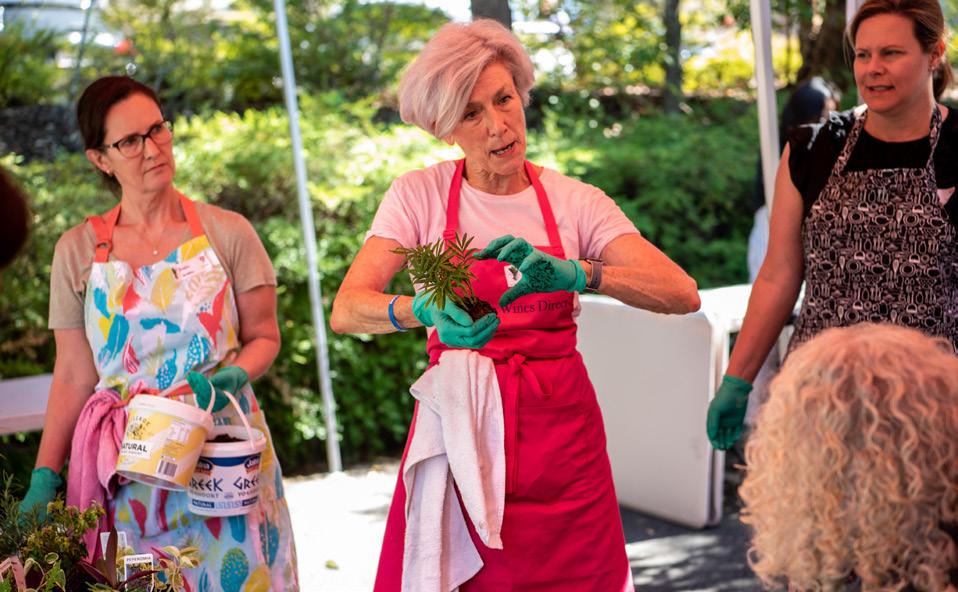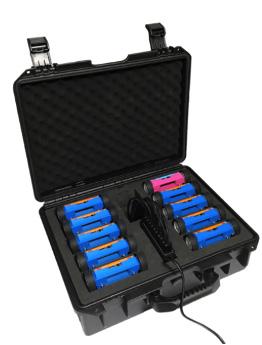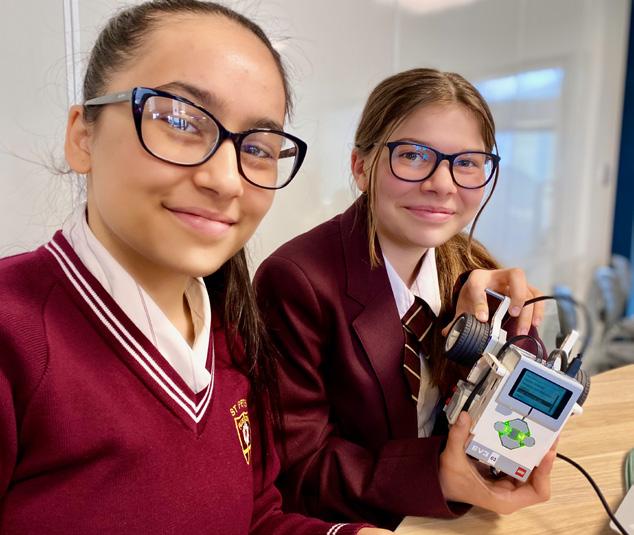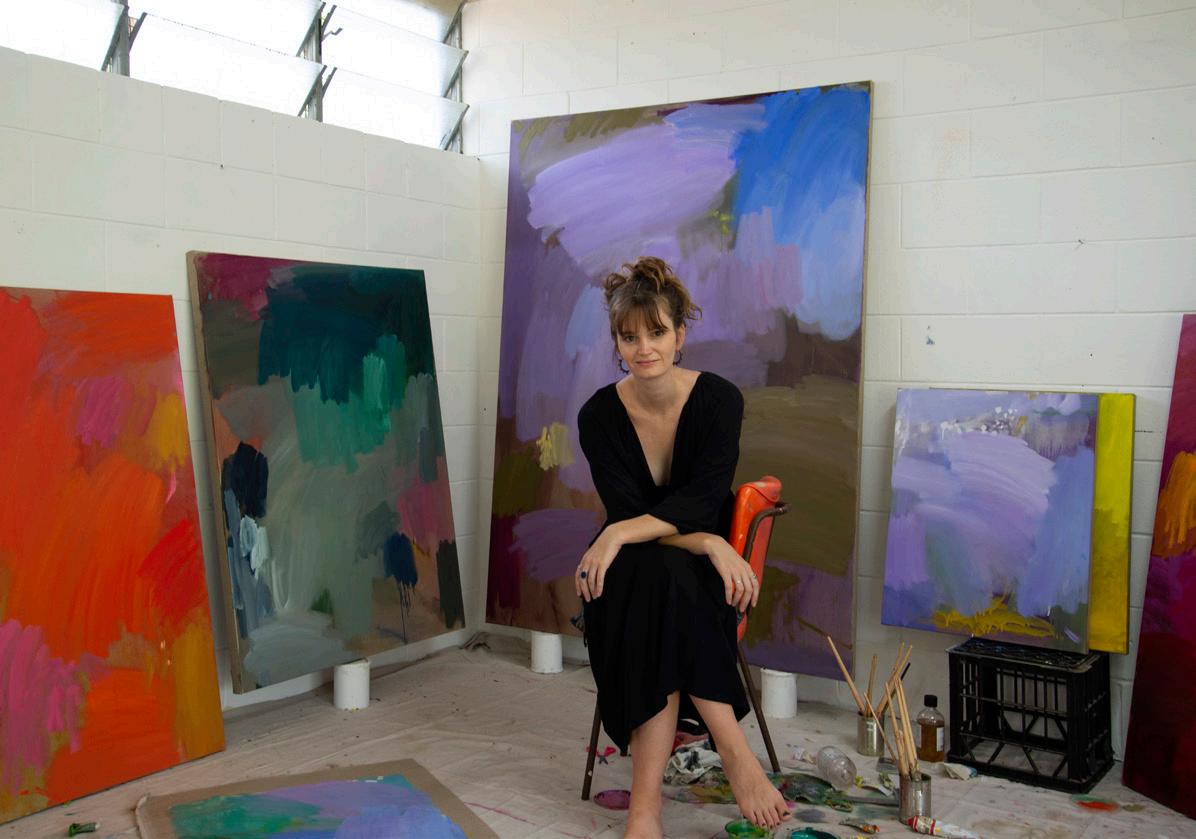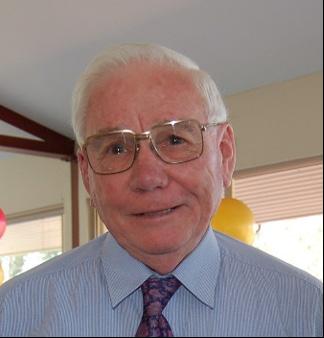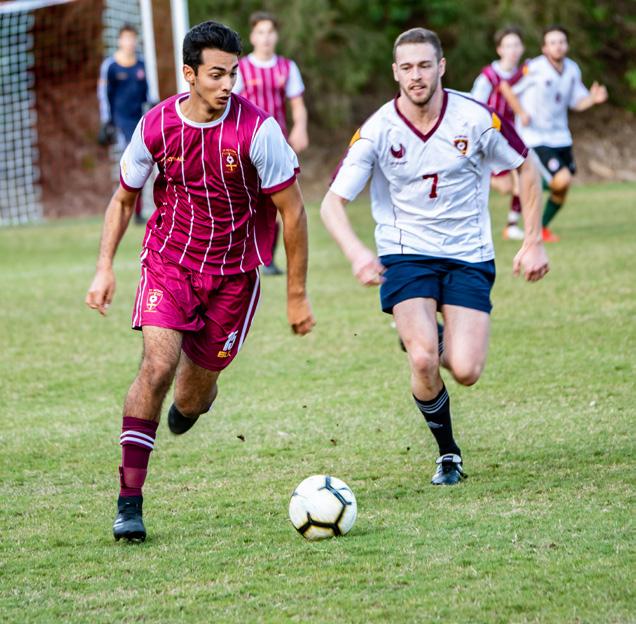
4 minute read
Bringing order to chaos
Dr Sarah Whitelaw (1991) is an Emergency Physician at Royal Melbourne Hospital (RMH). She’s been there for the last 10 years after shorter stints on the Gold Coast, in Brisbane and London. She’s also on the board of the Australian Medical Association (AMA) and is married with two children.
CASSIE TWEMLOW
publications officer If you think you recognise this face, you might. Pre-COVID, Dr Whitelaw appeared on the Nine Network’s Emergency (filmed at RMH)—a series that she now looks back on as a completely different time. No PPE; no social distancing but, an insight into the Emergency Department’s love and commitment to their jobs. Dr Whitelaw says she chose emergency medicine because she enjoys the clinical side of things.
“It’s a very teamwork-based speciality and involves a lot of communication. I enjoy that aspect of chatting with lots of different people and bringing order to chaos.”
The Emergency Department, Dr Whitelaw says, is ‘never boring and sometimes slightly out of control’—a place where reactive behaviour often trumps meticulous planning due to urgency and demand. This year, that has only increased.
As Senior Doctor in Charge, Dr Whitelaw, noticed her daily routine changed significantly with the arrival of COVID-19. Despite Victoria’s lockdown, a combination of restrictions in regional areas (and subsequent motor vehicle accidents) and accidents in the home (falls and burns) meant that patient volume in trauma didn’t decrease. RMH patient numbers remained the same, however they transitioned naturally to more COVID-related cases. Dr Whitelaw shared that, not only Coronavirus itself, but the related issues of an "increase in volume of patients with significant, chronic, complex mental health problems; ongoing issues with addiction; psychosis," are problems no one predicted at the start of the outbreak.
While acknowledging that she finds her work very satisfying, Dr Whitelaw said there have been moments of struggle. This exertion has stemmed from the cases themselves, but also the relentless behind-the-scenes preparation, education and continual need to change and update their systems (and then communicate them to a hospital with 350-500 staff!). “We’re so lucky to have PPE available, but it is enormously physically demanding to wear full PPE all day every day,” Dr Whitelaw explained. “You’re half dehydrated, half in obstructed renal failure [because you’re unable to easily use the bathroom] and always have a headache. It hurts to wear the mask. A lot of people find it irritates their skin.” Not only that, but the PPE makes it difficult to communicate.
“It’s really hard to comfort patients,” Dr Whitelaw continued. “That’s really distressing for a lot of people.”
This added layer of complexity, to an already high-stress profession would be difficult for anyone, let alone ED staff who’ve been dealing with it for six months.
“It’s taking its toll,” Dr Whitelaw stressed.
Dr Whitelaw’s husband is also a doctor and one thing they have struggled with over the last few months is the constant worry that either one of them might bring an infection home and pass it on to other
You’re half dehydrated, half in obstructed renal " failure ... and always have a headache. It hurts to wear the mask.
A lot of people find it irritates their skin."


family members. Recently, when anyone in their household has had so much as a runny nose, they’ve all had COVID tests and had to self-isolate.
Despite all this, Dr Whitelaw explained that it hasn’t been all bad—there’s been a real sense of teamwork and comradery that’s united the cleaning, security, medical, nursing and allied health staff like never before. “We’ve got such a shared, unique experience across the board,” she said. “Now we’ve got a lot more in common, I think.”
It’s only now that the case load is going down that Dr Whitelaw can truly understand just how tense the last few months have been.
“The ability to now share a joke just shows how anxious and tense we all were.”

The positives don’t stop at work. Whilst her two boys have missed out on playing AFL, socialising with friends from school and not noticing a difference between the school term and holidays, Dr Whitelaw says that being in lockdown in Melbourne has meant that her family have spent more time together at home. She’s also received great support from friends who’ve dropped off cooked meals and communicated with her regularly. Since dealing with COVID-19 RMH have revisited their leadership and governance— they’ve recognise how important it is and the priority has shifted (leaning more towards junior doctors and assistants). “It’s not just about providing them with the equipment and manuals,” she says.
Dr Whitelaw feels there’s now an important opportunity to be a great leader for the younger medical staff coming through (particularly with the over 100,000 cases of elective surgeries that were put in hold over Melbourne’s first and second wave outbreaks). She added that the knock-on effects of the pandemic will last for at least the next 12 months, if not years.
A true frontline worker, you won’t see Dr Whitelaw ditching her scrubs anytime soon. “The possibility of a holiday seems a long way off,” she said, but added that she feels extraordinarily lucky to have a job in the medical profession.
“I find people in the Emergency team to be kind and inspiring and I have enormous respect for them.” Dr Whitelaw is extremely proud to be part of the Royal Melbourne Hospital, and rightly so.

